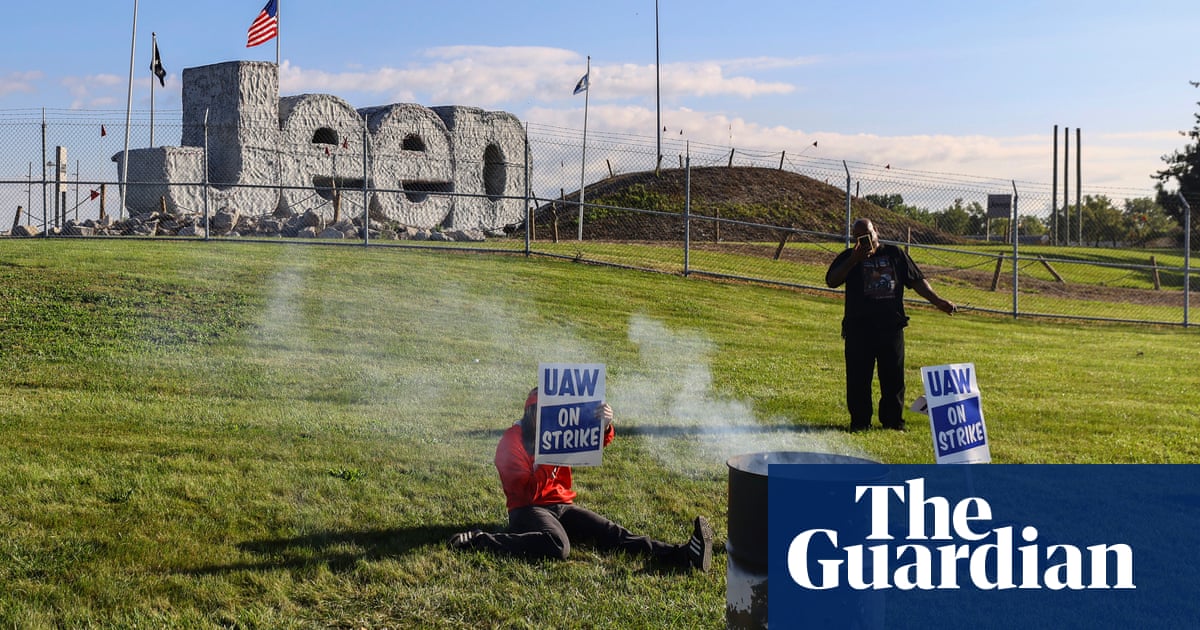- Rare Car Market
- Posts
- The UAW strike and how it could affect you
The UAW strike and how it could affect you
3 min summary
Hello friends👋
Last week I asked you about your first ever cars.
Thank you to those that replied!
As promised I’ve now created the “virtual garage”.
I didn’t know the colours of the cars…
But if you replied to the poll, you’ll see the model of your first car below.

I hope that’s brought you some good memories! 🙏
Sooo, today’s poll:
Onto our topic today - the UAW strike.
I’m not an expert.
Please treat this as entertainment purposes.
I read a bunch of stuff and watched some videos.
Below are 2 article summaries and some video resources.
Maybe it helps you if you’ve been.
1. What's Happening:
Thousands of UAW members have gone on strike against major automakers, including GM, Ford, and Stellantis.
The strike involves about 150,000 UAW workers in total.
Workers are demanding better wages, job security, and benefits, leading to work stoppages at various auto plants.
2. Why Are Workers Striking?:
Wages: UAW members want a bigger piece of the profit pie, seeking wage increases.
Healthcare: Concerns over rising healthcare costs and benefits drive their demands.
Job Security: Workers want guarantees against job outsourcing, which has been a concern in the auto industry.
Temporary Workers: The union is pushing for better treatment and a path to permanent employment for temporary workers.
3. Impact on the Automakers:
The strike is putting financial pressure on automakers. GM is losing up to $100 million a day due to halted production.
Disruption in the supply chain affects automakers and their suppliers.
This strike follows similar disputes in the auto industry, reflecting growing worker dissatisfaction.
4. Union Negotiations:
Negotiations between the UAW and automakers are ongoing, with both sides seeking a resolution.
GM, Ford, and Stellantis have made offers, but differences remain, and the strike continues.
5. Broader Implications:
The strike draws attention to labor issues and workers' rights, sparking discussions about fair compensation and job security.
It sets a precedent for labor negotiations in the auto industry and beyond, with potential ripple effects on other workers and industries.
It serves as a reminder of the power of organized labor in advocating for better working conditions.
1. Production Halts and Car Shortages:
The UAW strike is causing production stoppages at major automakers like GM, Ford, and Stellantis.
This disruption may lead to shortages of certain car models, making it harder for consumers to find and purchase specific vehicles.
2. Higher Car Prices:
Due to reduced supply caused by the strike, prices for some cars could go up. When there's less of something, it often becomes more expensive.
This could affect consumers' choices and budgets when shopping for new cars.
3. Impact on the Economy:
The strike has broader economic implications beyond just the auto industry. It affects jobs, manufacturing, and even the stock market.
If the strike continues for an extended period, it could potentially impact the overall economy.
4. Potential for Delays:
Customers who have ordered specific car models may experience delays in receiving their vehicles because of the strike-related production slowdowns.
5. Supply Chain Disruptions:
The strike doesn't just affect automakers; it ripples through the supply chain, affecting suppliers and related industries.
This disruption can have consequences throughout the economy.
6. Watching for Resolutions:
The article suggests that consumers should keep an eye on how negotiations between the UAW and automakers progress, as this will impact when things get back to normal in the auto industry.
The fella below is the UAW president.
And this lady is the CEO of General Motors
So that is it really. I still hope you found it helpful.
If you missed Monday’s engine swap battle - below is the link.
I will see you again on Friday 👋
Was this forwarded to you??
If you liked it, you can subscribe below

:max_bytes(150000):strip_icc()/GettyImages-1690358471-7591dd7ef7ff40229f2f16225d316c59.jpg)
